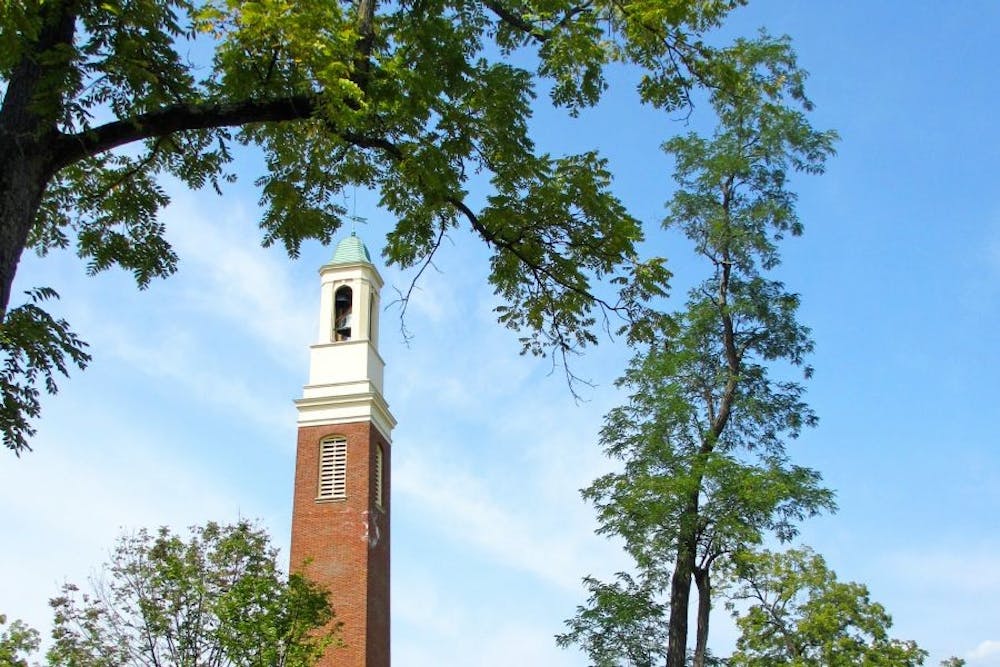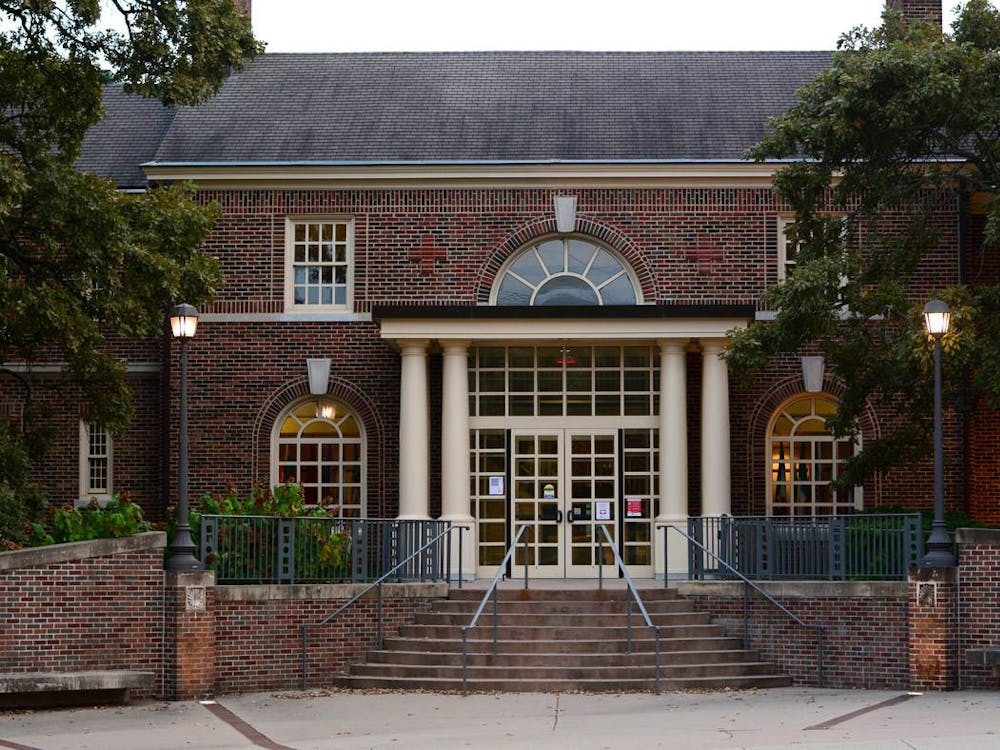By Jack Christianson, For The Miami Student
Tasked to repair everything from bed rails to circuit breakers, the maintenance works of Miami have become increasingly understaffed, and as a result, their request system has become unorganized.
Mike Seebock, a master trades specialist in the Physical Facilities Maintenance department, sees the morale among his employees fall every year.
"[Physical facilities] is the most dysfunctional group I've worked with, [and] I'm 43," Seebock said.
When Seebock started at Miami 12 years ago, there were 16 people in his department. Now, there are only four. Receiving over 150 work orders a day and 1,600 a week, the workload is even more overwhelming when a coworker calls in sick.
David Creamer, director of finance and business services, said the staff was reduced to better implement efficiency and keep tuition more affordable.
Seebock also said physical facilities has become less organized over the years.
"I wish it went back to [division by] residence hall," Seebock said.
Assignments used to be divided north or south of High Street. Now, requests cover all of campus.
Seebock offered insight into the prioritization of maintenance requests.
"If the student submits a normal request, I glance at the request and schedule them for a repair," Seebock said. "If [the student] sends an urgent request, my manager is notified and [the problem] is fixed as soon as possible. If it's important, they'll call."
"I'm surprised we haven't had more complaints this academic year," he added.
Enjoy what you're reading?
Signup for our newsletter
First-year Jake Carlson had a disagreeable experience with physical facilities. When he arrived on campus the first weekend, his top bunk bed had no protective rail, so he placed a maintenance request.
"Two weeks passed and I still had no railing. I fell out of my bed one night and placed another request, this time as urgent. I went another two weeks without a railing until I came back to [my] room and saw it installed."
Carlson was unimpressed by the service. He said he believes the maintenance request system needs to improve speediness, and tend to the urgent requests first.
"They didn't tell me when they were going to install [the railing], which was the main reason I filed another request."
Physical facilities are often on their own, and Seebock wishes that the housing department would do more on its end to lower the number of requests.
"Housing needs to tell residents that rooms only have 20 amps in a circuit. [Residents] can't run a microwave and hair dryer at the same time," Seebock said.
The H.O.M.E. office declined requests to comment, saying they had little to do with physical facilities and only help students set up requests.
However, the H.O.M.E. office sent out an email Oct. 5, instructing campus residents on how to conserve heat in this undulating weather.
"Heating season [is the busiest time] for our department, as students want air during the day, and heat at night. It's the worst time of the year for us," Seebock said, adding that residence halls automatically switch from cooling to heating when the temperature goes under 50 degrees.
While the H.O.M.E. office appears to be aiding them in small ways, physical facilities simply cannot keep up with demand.
In a previous version of this story, Mike Seebock's job title was incorrect. He is a master trades specialist, not a customer services coordinator.



